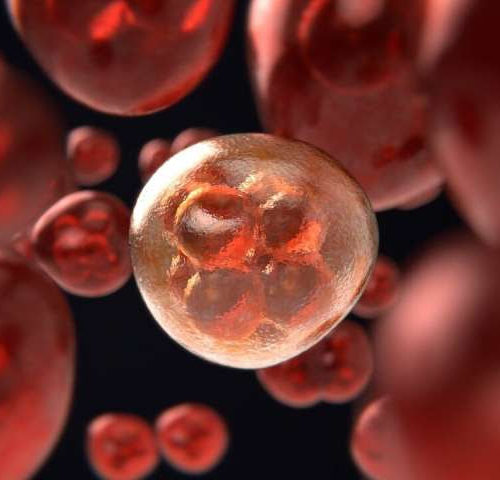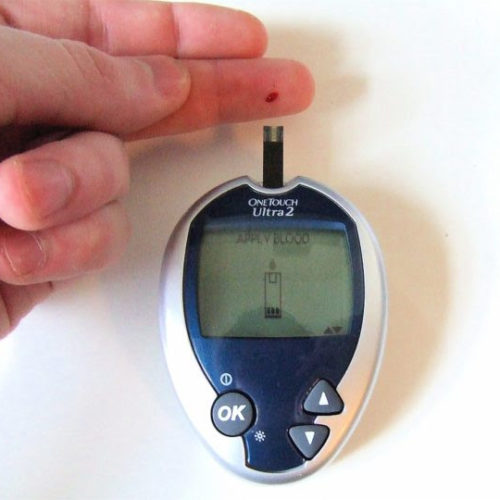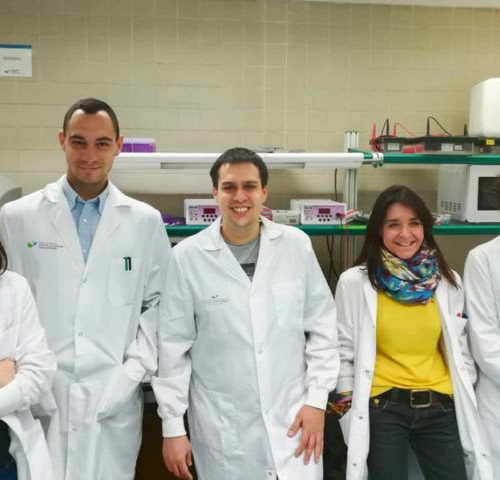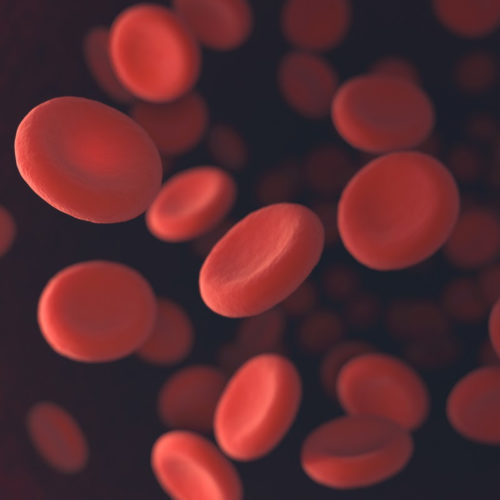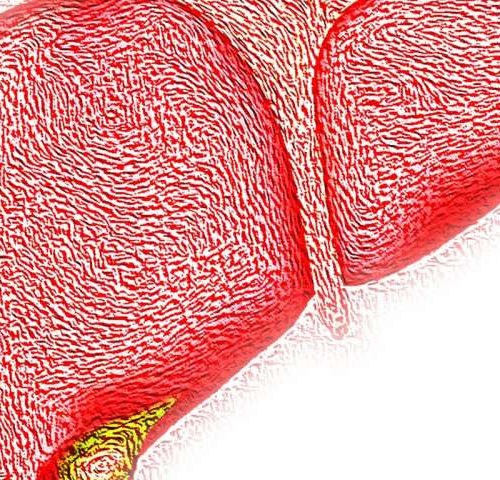by Harvard University Red blood cells do more than shuttle oxygen from our lungs to our organs: they also help the body fight off infections by capturing pathogens on their surfaces, neutralizing them, and presenting them to immune cells in the spleen and liver. Now, a team of researchers from Harvard’s Wyss Institute for Biologically...
Tag: <span>blood cells</span>
Could Your Hemoglobin A1C Test Be Wrong?
Sharon Orrange, MD, MPHDr. Orrange is an Associate Professor of Clinical Medicine in the Division of Geriatric, Hospitalist and General Internal Medicine at the Keck School of Medicine of USC.Posted on July 2, 2020 The preferred way to screen for diabetes is with an A1C test. It’s easily done with a fingerstick in your doctor’s...
Testosterone helps older men avoiding type 2 diabetes, but it is not a quick fix
Type 2 diabetes is a major burden on systems in the entire world. It is especially prevalent among older men, who typically don’t follow healthy diets, don’t exercise and generally don’t take good care of themselves. Now a team of scientists led by the University of Adelaide found that two years of testosterone might help...
Transgenic rice containing anti-hypertensive peptides lowers blood pressure in hypertensive rats
Reviewed by Emily Henderson, B.Sc. In the future, taking your blood pressure medication could be as simple as eating a spoonful of rice. This “treatment” could also have fewer side effects than current blood pressure medicines. As a first step, researchers reporting in ACS’ Journal of Agricultural and Food Chemistryhave made transgenic rice that contains...
Call for caution for using a CAR-T immunotherapy against Acute Myeloid Leukemia
Acute myeloid leukemia (AML) is a hematological malignancy which incidence increases with age, that is biologically, phenotypically, and genetically very heterogeneous. Its treatment uses to combine chemotherapy followed by allogenic Hematopoietic Stem and Progenitor Cells transplant (allo-HSCT), based on the patient’s eligibility, to consolidate complete remission and prevent relapse. Yet, except for a few subgroups,...
Birmingham scientists ‘re-train’ immune system to prevent attack of healthy cells
The body’s immune system can be re-wired to prevent it from recognising its own proteins which, when attacked by the body, can cause autoimmune diseases like multiple sclerosis, a significant new study by UK scientists has found. Autoimmune diseases are caused when the immune system loses its normal focus on fighting infections or disease within...
New synthetic red blood cells are even better than the real thing
By Michael Irving June 03, 2020 Researchers have created synthetic red blood cells (RBCs) that have all of the useful properties of the real thing, plus a few new tricks. These new cells could be put to work carrying oxygen or drugs through the body, sensing toxins, and other tasks. It goes without saying that...
Immunotherapy for bowel cancer could change clinical practice
A large international trial involving UCL and University College London Hospitals NHS Foundation Trust (UCLH) has found that pembrolizumab, a form of immunotherapy, more than doubled the ‘progression free survival’ time of patients with a specific subtype of advanced bowel cancer, when compared with chemotherapy. ‘Progression free survival’ is the length of time during and...
An imbalance of electrons in the liver may be a common risk factor for disease
by Massachusetts General Hospital Researchers at Massachusetts General Hospital have uncovered an unexpected connection between an imbalance of electrons in liver cells and many metabolic problems that increase the risk for conditions such as cardiovascular disease and fatty liver disease. Their findings, published in the journal Nature, shine a light on the phenomenon known as...
New test strip could provide accurate point-of-care diagnostics for cancer, COVID-19
by James Ives, M.Psych. (Editor) A new synthetic paper for finger-prick blood tests could provide accurate point-of-care diagnostics for cancer, COVID-19, and other serious diseases. Researchers at KTH Royal Institute of Technology say the innovation allows the detection of important biomarker proteins that might otherwise evade the blood plasma screening process. There are proteins in...

